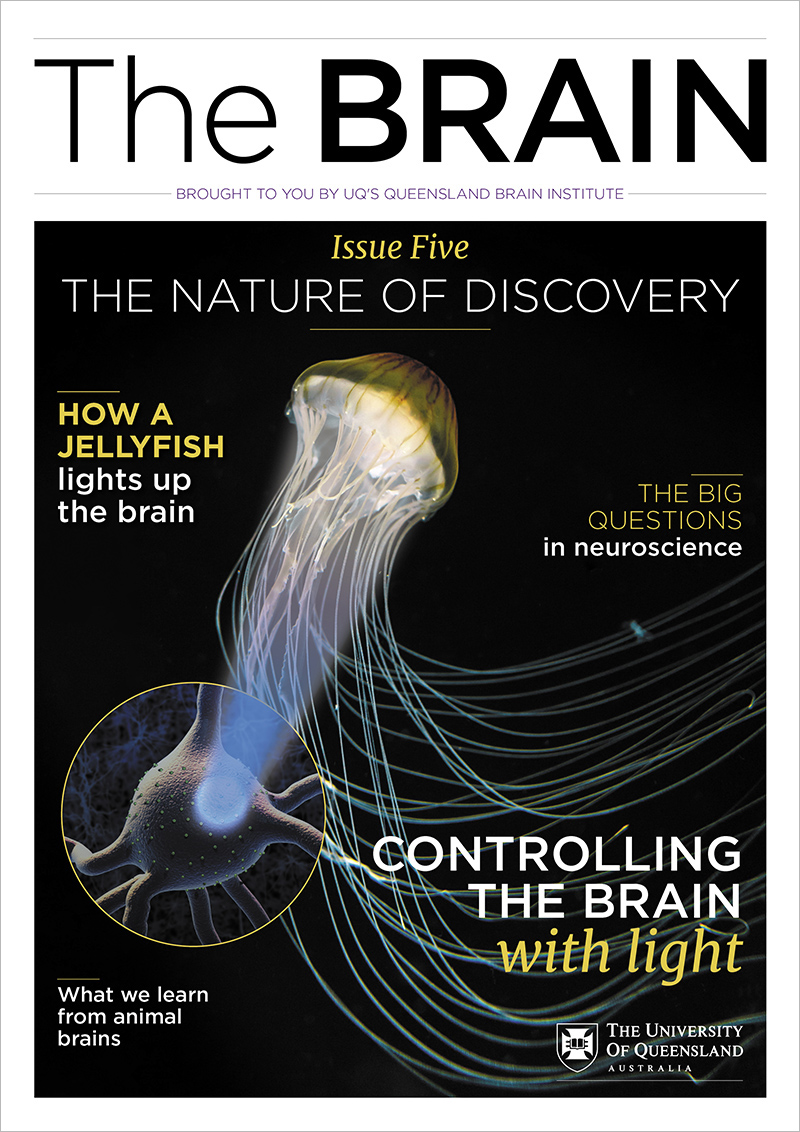The brain is the complex and mysterious core of who we are: it determines our personalities and preferences—why we prefer chocolate over vanilla, or ballet over football—and how we think, act, move and remember.
There is no question we have made some major advancements, particularly in the last 40 years. But when it comes to understanding how the brain processes information and produces outcomes, there is much still to learn and many exciting discoveries to come.
Definitive answers to so many questions remain: Why do we sleep and dream? Why does dementia only affect certain people as they age? How do our brains store some memories, but discard others? What are the critical elements that affect the brain in the earliest stages of life, and can brain diseases and disorders be delayed or treated? How can we repair injured brains and nerves?
What we hope to achieve by unravelling the brain’s secrets can be broadly broken down into three areas:
1. To understand what it is to be human
You are your brain. Your brain is the very essence of your personality, individuality and abilities. Unravelling how the brain works will help us understand the basis of human behaviour and actions. While each brain is unique, all healthy human brains share the same basic structures and functions. It’s the specific ways in which our brain cells communicate that makes each of us different, and this is influenced by both our genetics and interactions with our environment. With experience, whether physical or emotional, our brain remodels itself, strengthening and weakening existing connections and making new ones. Understanding how these unique connections are forged and modified will help us truly comprehend the link between the physical brain, our behaviour, and what makes us individuals.
2. To understand and enhance healthy brains
By exploring and mapping the inner workings of how a normal brain functions and how it can instantaneously create new thoughts, learn new things and recall memories, we can harness that knowledge to enhance brain function. This will require identifying and categorising the thousands of types of brain cells and their connections with one another, monitoring and recording their activity patterns in real time to reveal how the brain processes information, and understanding how each connection fits into larger networks across the brain.
3. To understand and treat brain diseases and disorders
Dealing with the tide of neurological diseases and disorders is one of the biggest challenges of our time. Neuroscience advances in the 21st century will revolutionise health care just as the development of vaccines and antibiotics did in the past 200 years. To effectively treat brain diseases and disorders, including dementia, schizophrenia, depression, motor neurone disease and many others, we need to understand how the healthy brain functions and what makes these processes go awry.

